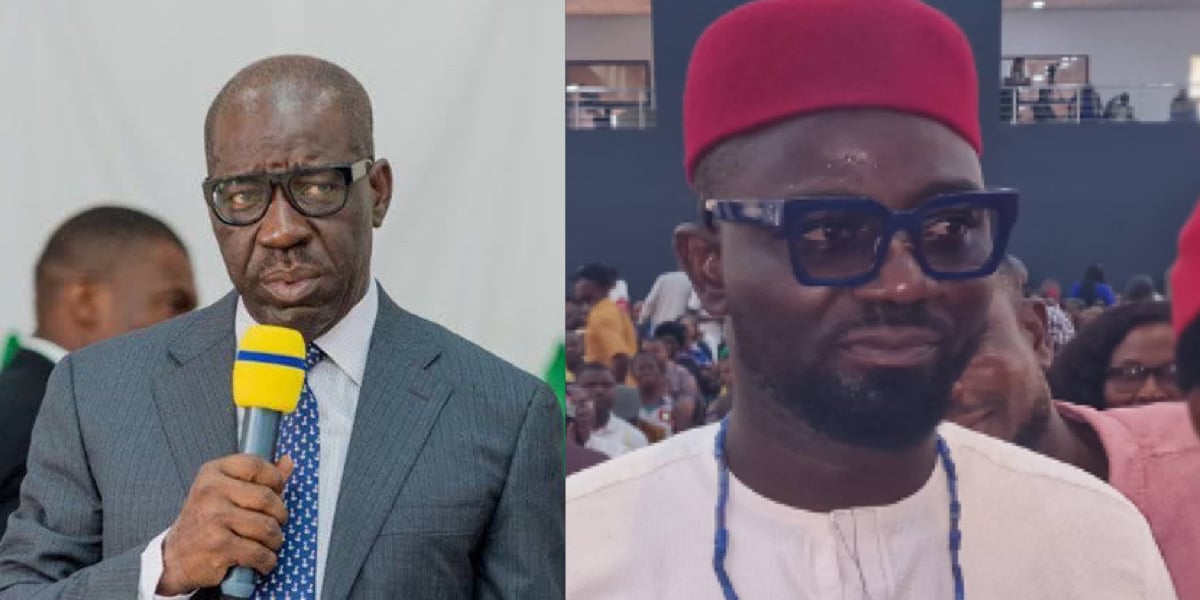Presidency responds as CNG option being adopted in Nigeria is being phased out in Malaysia – Crime Channels

Presidency responds as CNG option being adopted in Nigeria is being phased out in Malaysia
Malaysia’s decision to phase out natural gas-powered vehicles (NGVs) by July 2025 has ignited a heated debate in Nigeria, where Compressed Natural Gas (CNG) is increasingly promoted as a safer and more affordable alternative to petrol.
The move has raised concerns, especially as Nigeria continues to advocate for CNG as a key solution to its energy challenges.
The announcement came from Malaysia’s Transport Minister, Loke Siew Fook, who outlined plans to stop the registration of CNG-powered vehicles, citing safety risks associated with aging gas tanks.
According to Loke, CNG vehicles, which account for a mere 0.2% of Malaysia’s total vehicle fleet, will no longer be eligible for registration starting July 1, 2025.
He explained that many of the country’s existing 44,383 CNG vehicles are now facing the end of their tank service life, with natural gas vehicle tanks typically having a safe usage span of 15 years.
While Loke’s decision was framed as a safety measure aimed at protecting public well-being, the announcement has drawn significant backlash, particularly from Nigerian experts who see the policy as misguided.
Bayo Onanuga, a prominent industry voice, responded by clarifying that Malaysia’s move is not a criticism of CNG itself but of Liquefied Petroleum Gas (LPG), which is a different type of fuel altogether. He emphasized that Malaysia’s policy shift is primarily concerned with LPG-powered vehicles, rather than natural gas vehicles.
Onanuga also pointed out that Malaysia’s long-term efforts to reduce reliance on petrol and diesel have yielded limited results, with only a small fraction—0.2%—of vehicles converted to alternative fuels over a span of 15 years.
In contrast, Nigeria has made substantial progress in developing its own CNG infrastructure, including advancements in tank manufacturing and fueling stations, positioning the country as a potential leader in the promotion of natural gas-powered transport.
The Malaysian government’s decision to phase out CNG vehicles has sparked a broader conversation about the future of cleaner energy alternatives in the transport sector, particularly in emerging economies.
As Nigeria continues to expand its CNG adoption strategy, the debate raises critical questions about safety, sustainability, and the potential for natural gas to play a more significant role in addressing the country’s energy and transportation challenges.
Onanuga said in a post on X: “Some clarification on Malaysia’s plan to phase out CNG-powered vehicles.
“The Malaysian issue relates to the safety of LPG, NOT CNG. In the original report, Transport Minister Anthony Loke stated, ‘There are also some car owners who have modified their vehicles using liquefied petroleum gas (LPG) cylinders, which are very dangerous.’
“NGV covers both CNG and LPG. Nigeria, in its transition, has adopted CNG ONLY, not both, due to valid safety and cost concerns regarding LPG.
“Malaysia’s programme for CNG-powered vehicles struggled, achieving only a 0.2% conversion rate over 15 years. By contrast, nations like India, China, Iran, and Egypt have seen considerable success.
“The end of 15 year CNG tank cycle means they need to replace tanks and it was easier/cheaper to scrap their program and continue with their petrol than to do so if they had not built tank manufacturing capacity which Nigeria is already developing in year one.”





